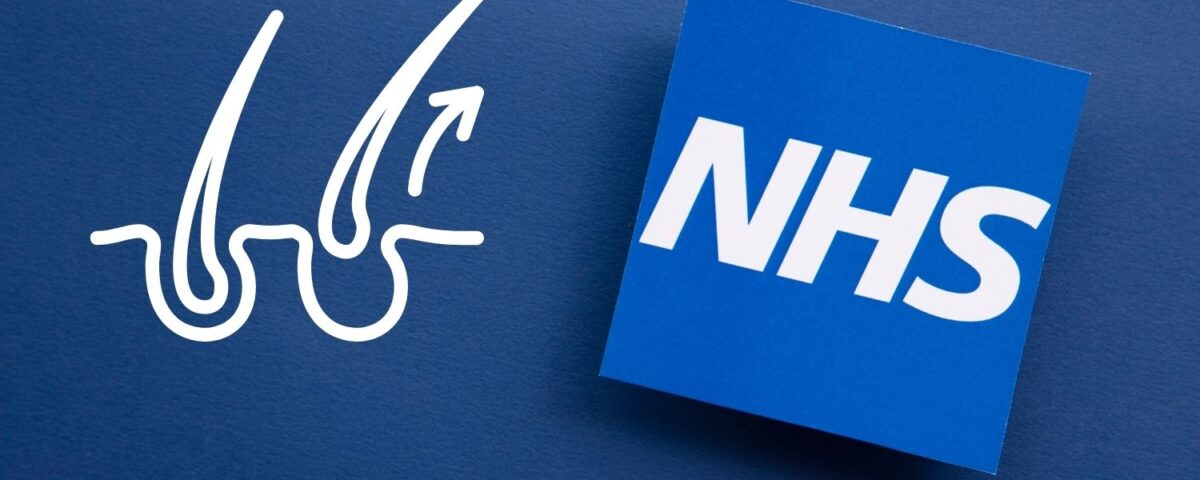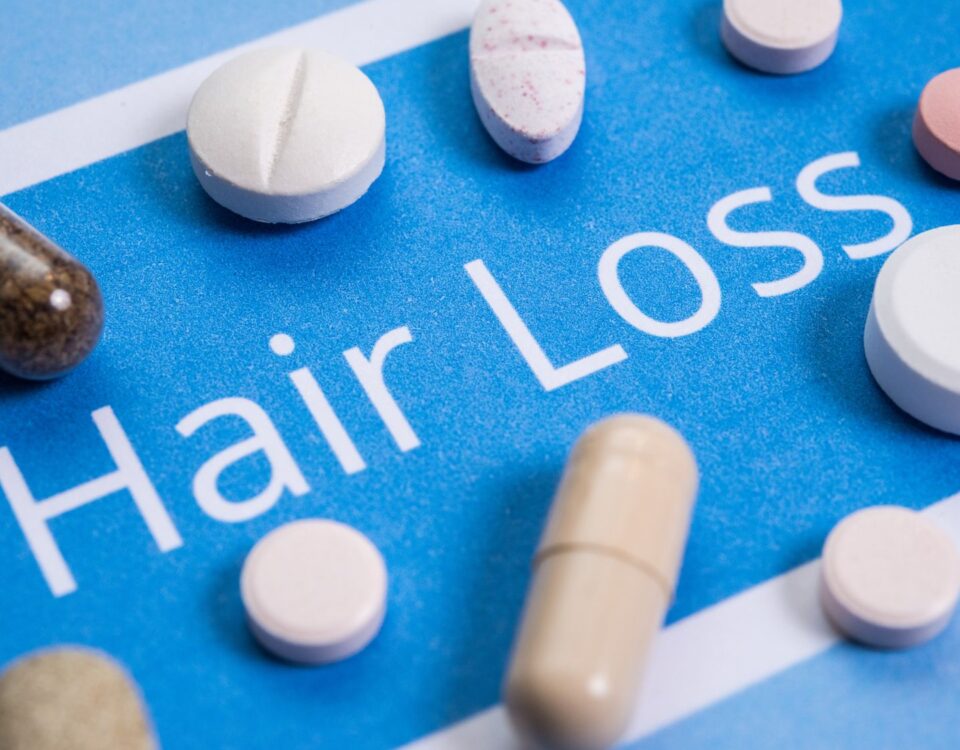
Exploring the World of Alternative Therapies for Hair Loss
January 15, 2024
Shedding Light on Hair Loss Solutions: The Science Behind Low-Level Laser Therapy
January 29, 2024The National Health Service (NHS) provides comprehensive guidance on diagnosing and treating hair loss. This article will delve into what the NHS says about hair loss treatments.
Diagnostic Procedures
The first step towards treating hair loss is getting the right diagnosis. The NHS recommends a thorough medical consultation and examination as the primary diagnostic methods. During the consultation, the healthcare professional will ask about your medical history, lifestyle, and any changes you may have noticed in your hair or scalp.
A physical examination is also essential. The doctor will closely examine your scalp to identify any signs of infection or inflammatory conditions that may be causing hair loss. In some cases, a small sample of scalp skin (biopsy) may be taken for further analysis.
The doctor may also recommend certain tests. For example, blood tests can help identify underlying conditions such as thyroid disease or iron deficiency anaemia that can contribute to hair loss.
Treatment Options
Based on the diagnosis, the NHS offers various treatment options for hair loss. These can range from medical treatments to lifestyle changes.
Medical treatments can include over-the-counter or prescription medications like minoxidil or finasteride. These treatments work by either promoting hair growth or preventing further hair loss. However, they are not suitable for everyone and may have side effects.
Lifestyle changes can also be beneficial. These may include eating a balanced diet, managing stress, and avoiding harsh hair treatments. In some cases, surgical interventions like hair transplants may be considered. However, these procedures are usually last resort options and are often not funded by the NHS.
When to Seek Medical Advice
The NHS emphasises the importance of seeking medical advice for hair loss, particularly if it’s causing you distress or if you notice sudden or patchy hair loss. Other warning signs can include redness, pain, or itching on your scalp.
An accurate diagnosis is crucial for effective treatment, so don’t hesitate to consult a healthcare professional if you’re concerned about your hair loss.
In conclusion, the NHS offers a wide range of resources and treatments for individuals experiencing hair loss. The key is to seek medical advice promptly to diagnose the cause of the hair loss and start an effective treatment plan.




